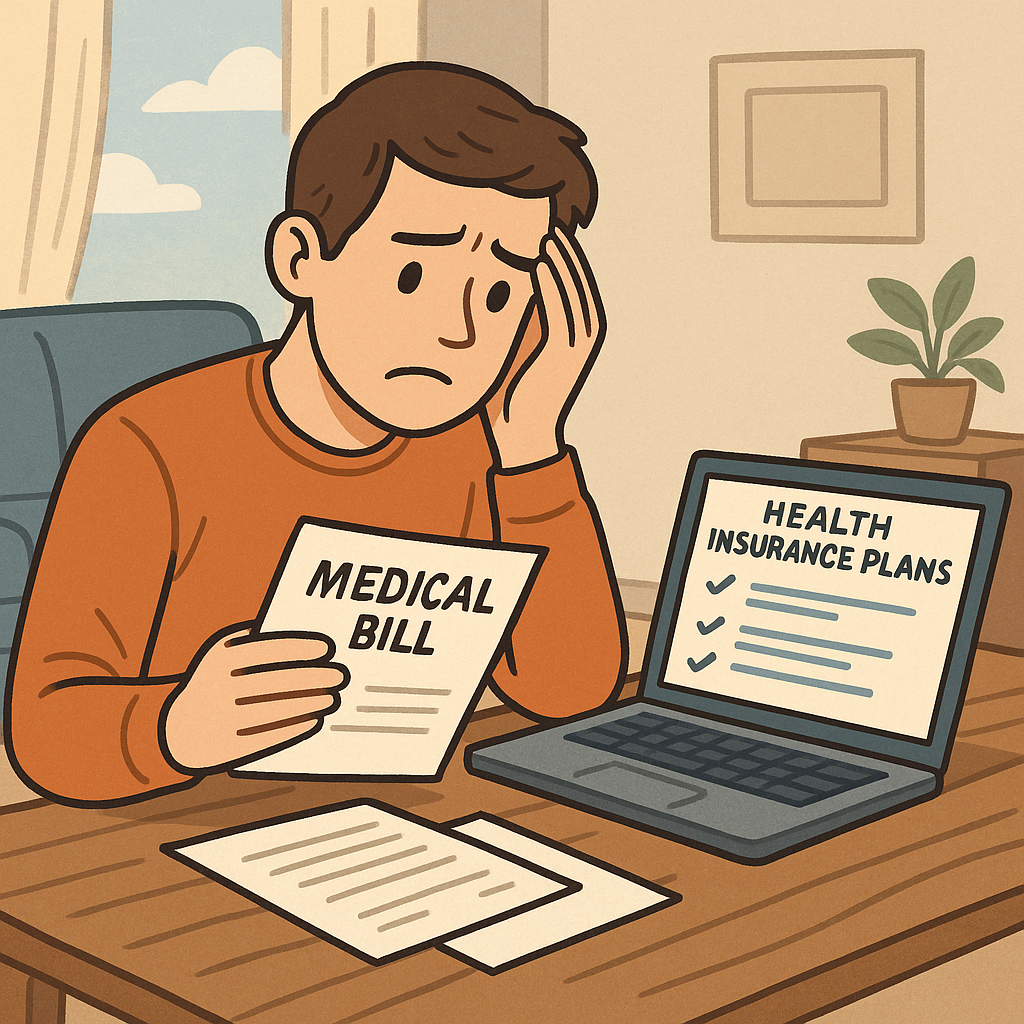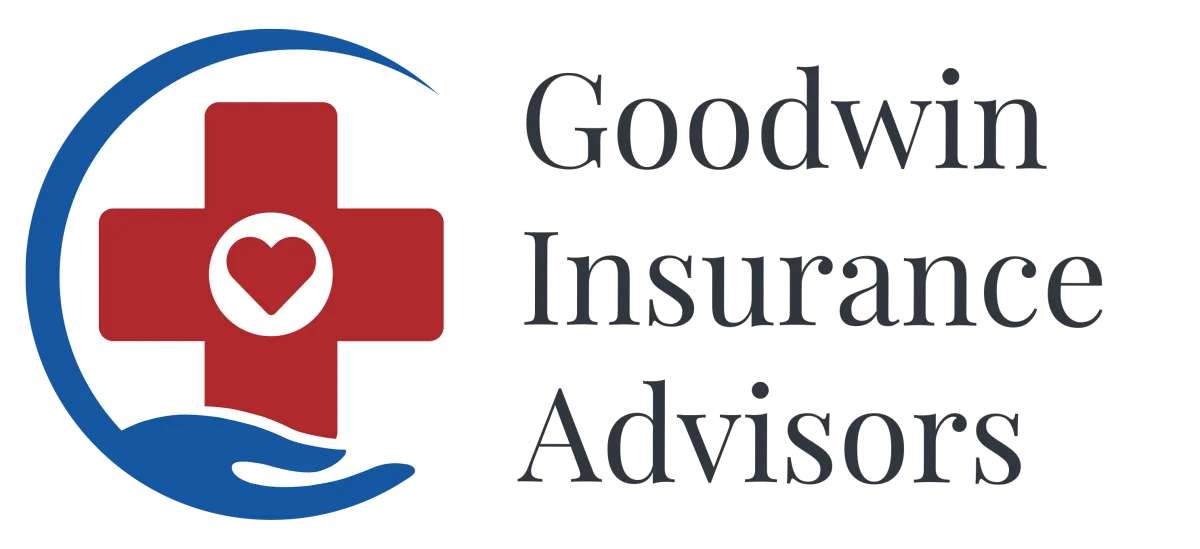
Lost Your Job-Based Health Insurance? Here’s What to Do Next
Lost Your Job-Based Health Insurance? Here’s What to Do Next
Losing your job is hard enough. Losing your health insurance at the same time can make things even more stressful. Whether you were laid off, changed jobs, or had your hours cut, your employer’s health plan may end—leaving you wondering what to do next.
The good news? You don’t have to go without coverage. There are several private and independent health plans available that can protect your health and your wallet. In fact, more Americans are turning to these options than ever before. In 2025, nearly 4 in 10 Americans say they’ve lost employer coverage at least once in their lives (Kaiser Family Foundation).
This guide breaks down what to do if you’ve lost job-based coverage, what your private health plan options are, how to get a health insurance quote, and how an affordable health insurance agency can help you find the right plan.
Why Employer Health Insurance Ends
Most health insurance in the U.S. is tied to employment. That means if your job situation changes, your insurance might, too.
Common reasons you might lose coverage:
You left your job or were laid off
Your employer cut your hours and you no longer qualify
You turned 26 and aged out of a parent’s plan
Your company stopped offering insurance altogether
When this happens, your health plan might end immediately or at the end of the month. This can be scary—especially if you have ongoing medical needs or a family to cover. But don’t panic—you have options.
Understanding Your Private Health Plan Options
Independent Health Plans
These are plans you buy on your own—not through a job. You can get them directly from insurance companies or through a licensed broker.
Why choose this?
You’re in control. You pick the provider, coverage level, and cost. These plans are great for individuals, freelancers, and families who want a tailored option.
Marketplace Plans (ACA Plans)
The Affordable Care Act (ACA) created a health insurance marketplace where you can compare plans and receive help paying for them.
Why choose this?
If you recently lost income, you might qualify for subsidies or tax credits that reduce your monthly premium. These plans cover essential benefits like:
Doctor visits
Emergency services
Mental health care
Prescription drugs
Maternity and pediatric care
Apply within 60 days of losing your employer coverage to take advantage of the Special Enrollment Period.
Short-Term Health Plans
Short-term plans are designed to provide quick, temporary coverage. These typically last a few months.
Why choose this?
You need something fast and affordable while you figure out a longer-term solution. Just keep in mind: these plans often don’t cover pre-existing conditions, prescriptions, or mental health care.
How to Get a Health Insurance Quote Online
Getting a quote is free, fast, and gives you a better understanding of your options. It helps you compare real plans, real prices, and real coverage.
What you’ll need:
Your ZIP code
Birthdate(s) of those needing coverage
Household size
Estimated yearly income (for ACA subsidies)
Most websites—or an affordable health insurance agency—can show you several options in minutes.
Over 65% of people who compare quotes from at least three sources find a more affordable plan than their first choice. (HealthInsurance.org, 2025) 1
Choosing the Right Plan for Your Budget and Health Needs
You don’t want to overpay, but you also don’t want to be under-covered. The key is balance.
Start by asking:
Do you visit the doctor often?
Do you take any medications regularly?
Are you expecting surgery or ongoing treatment?
Would you rather pay more each month or more when you actually need care?
Think of it like a phone plan:
Some are cheaper but limited. Others are more expensive but full-featured. Your choice depends on your lifestyle and needs.
Still unsure? An affordable health insurance agency can help you compare options clearly and simply.
FAQs: Private Health Insurance After Job Loss
How long do I have to get a new plan?
You usually have 60 days from the date your coverage ends to sign up for a new plan during the Special Enrollment Period. There are also private insurance companies that you can sign up with any day of the year!
What’s the difference between a private and independent plan?
They’re the same—both are purchased outside of an employer. “Independent” just means it’s not tied to a job.
Can I get help paying for a plan?
Yes. If your income is lower due to job loss, you may qualify for subsidies through the ACA Marketplace.
Are short-term health plans a good idea?
They’re okay for quick gaps, but they often leave out essential coverage. Think of them as a bandage—not a long-term solution.
Can a health insurance agency help me save money?
Absolutely. They compare options from multiple providers—often at no cost to you—and can help you avoid costly mistakes.
Quick Checklist: What to Do After Losing Employer Coverage
✅ Confirm when your coverage ends
✅ Compare quotes from at least 3 plans
✅ Think about your health habits and needs
✅ Ask a licensed broker for help if you’re unsure
Final Thoughts: You Have Options—and Support
Losing your employer’s health insurance can feel overwhelming, but you’re not stuck. With a wide range of private health plans available—plus ACA subsidies and short-term options—you can find coverage that fits your life and your budget.
Take the first step by getting a quote, comparing plans, and thinking through what works best for you. If you’re unsure, an experienced agency can walk you through the process.
No matter your situation, there’s a plan out there that fits. Compare Plans and Get a Quote Today →
